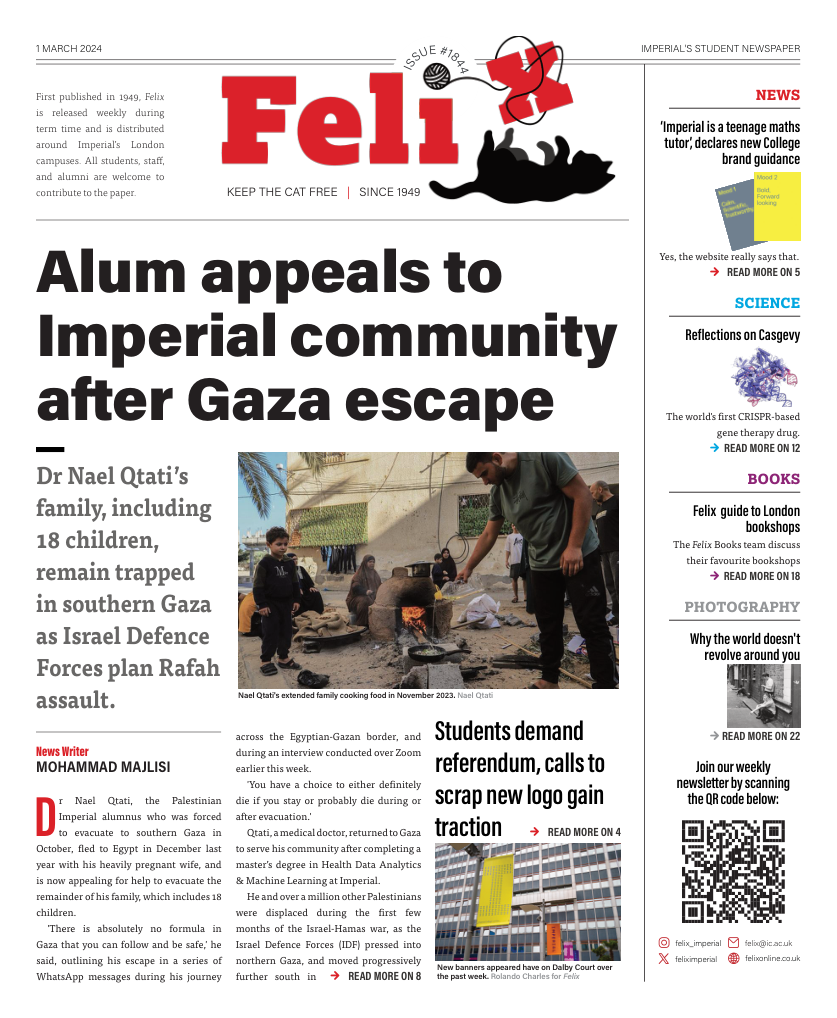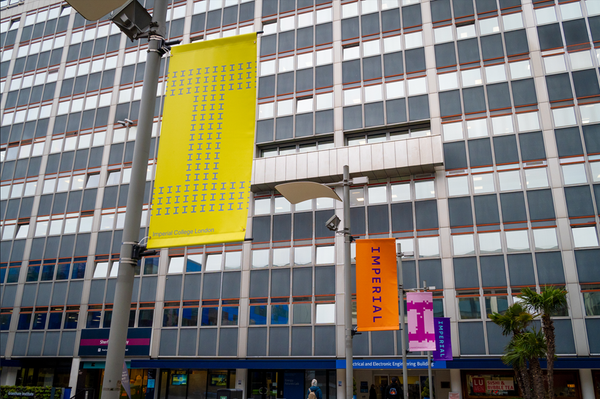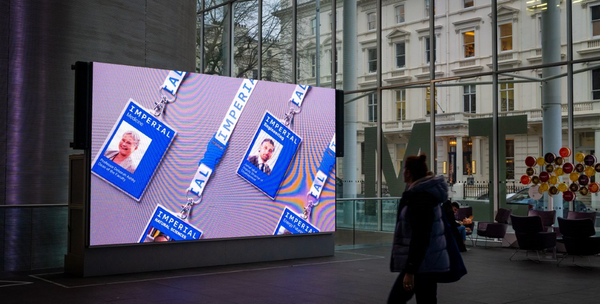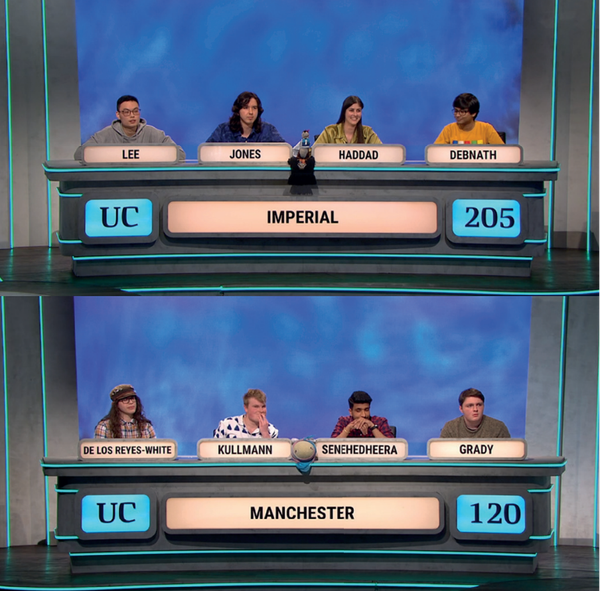How ‘AI’ (all in) are you on AI?
Dr Julie King on AI and how Imperial's Centre for Academic English can support you.

Will generative AI transform academic communication? Almost certainly. But what will this transformation look like? Now, that’s far harder to predict. There is nothing inevitable about how AI will be used within universities, who will determine its legitimate use, and who will benefit. We cannot be sure that generative AI will make the world easier or fairer. However, we can be sure that the need for effective communication will remain. And as George Bernard Shaw so beautifully expressed it:
"The single biggest problem in communication is the illusion that it has taken place."
Communication depends so very much on people at the end of the day, and whilst it certainly depends on the words we use, it also depends on how we connect with each other as humans. Communication includes how we understand the world, how we find our place within the world, how we create and express our identity in different contexts, and how we bring about change. If we stop valuing communication, it’s hard to see how our lives will be easier.
Effective communication is crucial to academic success and is not achieved by generating a grammatically correct text alone. A grammatically correct sentence does not guarantee clear, effective communication. The example sentence below follows grammatical rules, but do we know for certain which item the writer is identifying as toxic and environmentally unsafe?
Substrate B can be isolated with good yield from crude extract or the acid precipitate from the synthesis of raziline, which is somewhat toxic and is environmentally unsafe.
(http://bio-text.com/ThatWhichb.html, accessed 29/01/24)
I’ll let you consider the implications of such types of ambiguity, and other fears that exist around AI creating scientific texts that cannot be trusted.
While everyday tasks at Imperial may become increasingly moderated through generative AI technologies, you, the writer, still need to know what you want to communicate, and be sure that you’ve communicated it in the way that you wanted to communicate it in the first place. Communication is far more than a set of skills that can be left to an algorithm.
And yes, I would say that, wouldn’t I? After all, I’m a specialist in academic communication whose career could be in jeopardy if some of the more extreme takes on generative AI were to be realised – such as the notion that writing and communication skills will become redundant if they can be automated. I am, however, far from convinced this will happen.
I feel a productive step is to ask what effective communication actually means. There are technical aspects: it’s hard to imagine that the ability to explain information clearly and concisely, in a way that speaks to the expectations and values of the audience, will ever not be a good thing. But there’s more. Think about your time at Imperial: what types of communication matter, and when? What skills did you not realise you had, or realised too late were expected as obvious features of being a good student and researcher?
The Centre for Academic English (CfAE) team are a trusted source who support you throughout your degree. We are here to help you in your endeavours to improve your academic communication to get the grades you deserve and to set you on a path towards a successful career. And we really mean it – as only humans can.
I personally find supporting students and researchers to become effective communicators a challenge, but an exciting one. I’ve been teaching and researching academic communication for around thirty years. I still feel there is so much more to learn, including how AI can support a person’s academic communicative competence but not undermine their unique academic voice, their individual academic identity, or their personal agency.
We have online self-study learning blocks which help you build your own personalised learning pathway, live sessions where you can practise your communication skills and receive targeted feedback, a weekly ‘CfAE Lab’ where you can come for some quiet space to write and be supported by CfAE tutors via informal 1-1s, as well as bookable online 1-1s with our tutors for advice and guidance on any aspect of academic communication.
Anyone can be an effective communicator, but this requires time, patience and commitment. My team have been working on an entire review of our provision to make it more helpful for each of you as individuals and to provide you with the support you need when you need it. This is a work in progress developed in collaboration with student partners through StudentShapers projects and by incorporating the suggestions and feedback we receive. Our work is driven by who you communicate with and what you need to say. Your voice will always matter and we are here to help you shape what you want to say
Finally, I’d like to leave you with something the late Jim Rohn said about communication and human connection:
"If you just communicate, you can get by. But if you communicate skilfully you can work miracles. "
And whilst that sentence might have made some of you cringe, you know that he created it, he meant it, and you understood his intention and responded.









